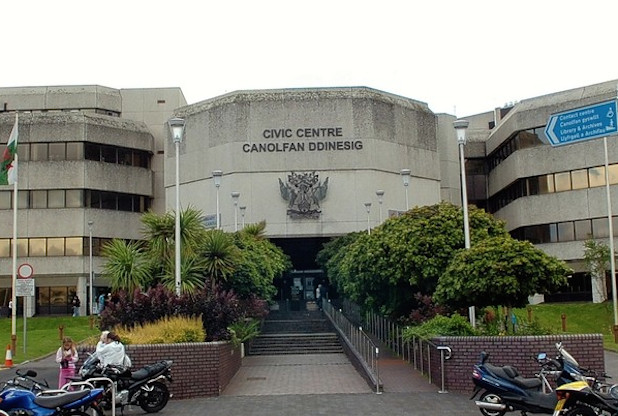REPLACING the current voting system in Swansea with proportional representation is more likely to lead to a candidate with extreme views being elected and some councillors having a disproportionate influence, a cabinet member said.
Wales Green Party councillor Chris Evans asked if the authority would consider switching from the existing “first past the post” system to proportional representation in 2027 when voters go to the polls again.
Councils in Wales can opt to make this change following the introduction of new legislation, as long as they agree to do so by mid-November next year.
Cllr Evans, who represents Mayals, said he felt proportional representation would improve public participation in elections and be healthier for democracy.
But Cllr David Hopkins, cabinet member for corporate service and performance, said in a written reply that proportional representation could result in unstable coalition administrations which lacked direction and focus.
He said coalitions often diluted what they offered the public before the election and that the smallest parties, or individuals, could gain a disproportionate influence.
Cllr Hopkins said: “At a local level the risks are more pronounced as a scenario could arise where an individual with extreme views, who may have only gathered a few hundred votes, may be placed in a powerful position to prevent delivery of what hundreds of thousands of people have voted for.
“Successful administrations are often those that have stable majorities and clear priorities.”
The current system asks a voter to place a cross next to their preferred candidate on the ballot paper. The candidate with the most votes, be it one or 5,000, is elected.
Supporters of proportional representation argue that their system results in elected bodies which more accurately reflect the varied political opinions in an area.
Councils in Scotland use a proportional system called the single transferable vote (STV) in elections, which lets voters rank candidates by preference in multi-councillor wards.
The STV method is the one that councils in Wales can choose. It works as follows:
- Each candidate needs to reach a minimum number of votes, called a quota, to be elected
- The first preference votes for each candidate are added up, and candidates who achieve this quota are elected
- Surplus votes from candidates who hit the quota go to second preference candidates
- Votes from the candidate with the fewest first preference votes who do not achieve the quota are eliminated. Their votes go to the second preference.
- The counting progresses and eventually each electoral ward has a full complement of councillors.
Any Welsh council which wanted to transfer from first past the post to STV would need to hold a public consultation and pass a resolution of with the support of at least two-thirds of councillors. It would also have to notify the Welsh Government and the Local Democracy and Boundary Commission.
The first past the post system doesn’t mean there can’t be coalitions. In Swansea, the Liberal Democrats and Independents formed administrations together, before Labour took control in 2012. Carmarthenshire Council is currently run by a Plaid Cymru-Independent coalition.
Cllr Hopkins said: “The reality is that no voting system is perfect.”



















